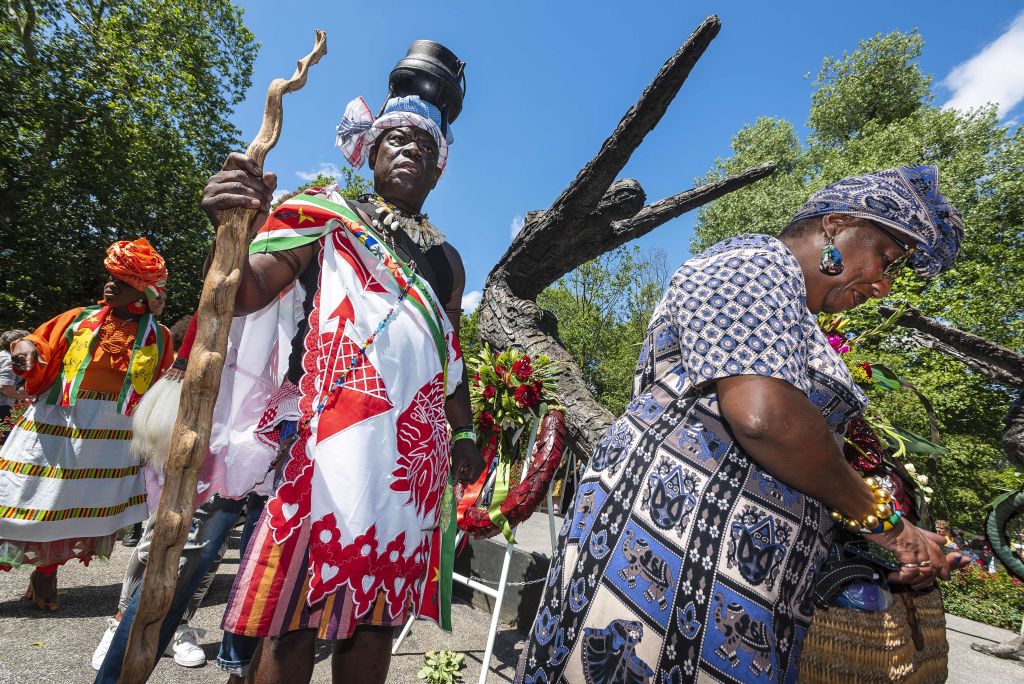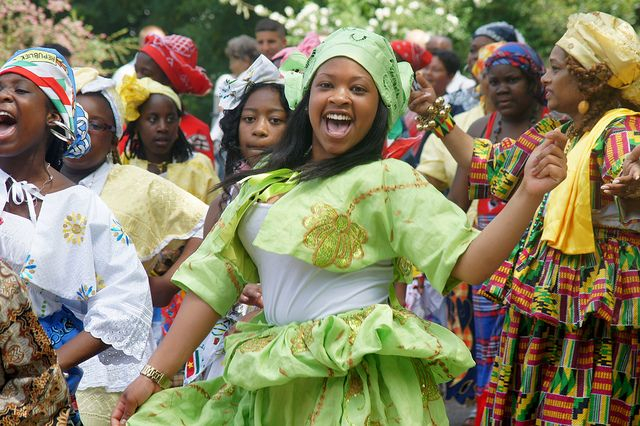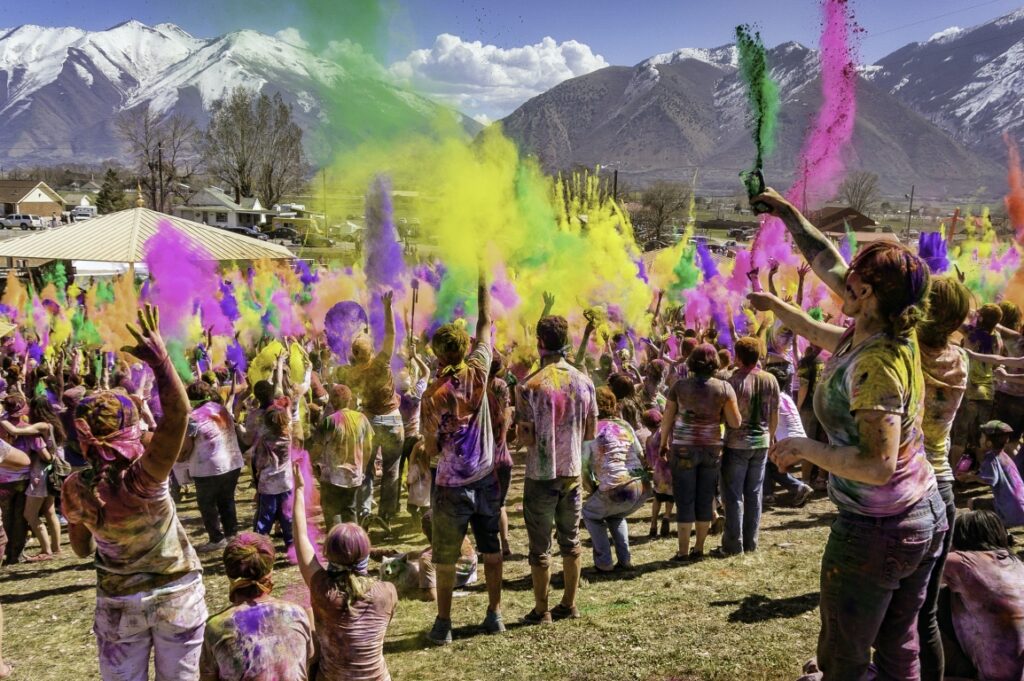So, have you ever wondered how you can truly immerse yourself in the culture of a country? Well, one way to do that is by experiencing its local festivals! And if you’re interested in exploring the rich cultural heritage of Suriname, then you’re in for a treat. Suriname, a small country on the northeastern coast of South America, is home to a diverse population that has brought with them a variety of traditions and customs. And what better way to get a taste of this cultural melting pot than by attending its local festivals?
In Suriname, you’ll find festivals that are celebrated throughout the year, each with its own unique customs and traditions. From the vibrant and colorful Carnival celebrations to the spiritual and mystical Winti festival, there’s something for everyone. These festivals offer a glimpse into the history, religion, and traditions of the Surinamese people. You’ll get to witness energetic dance performances, hear traditional music, try delicious local cuisine, and even participate in activities and rituals. So, get ready to be immersed in the vibrancy and diversity of Suriname’s culture as we dive deeper into these fascinating local festivals in our upcoming article. Stay tuned to learn more about the rich cultural experiences waiting for you in Suriname!

Introduction to Suriname
Suriname, located on the northeastern coast of South America, is a country rich in cultural diversity and heritage. Its unique geographical location, nestled between Guyana, Brazil, and French Guiana, has shaped its demographics and cultural fabric. Suriname is home to a melting pot of ethnicities, including descendants of African slaves, indigenous Amerindians, Indian and Javanese indentured laborers, Chinese immigrants, and European settlers. This diverse population has contributed to the vibrant tapestry of festivals celebrated throughout the country.
Geographical location and demographics
Suriname covers an area of approximately 165,000 square kilometers, with a population of around 600,000 people. The capital city, Paramaribo, lies on the Suriname River and serves as the country’s cultural and economic epicenter. The population is predominantly urban, with over 70% of Surinamese residing in urban areas. The country’s diverse physical landscape, consisting of coastal plains, savannahs, and tropical rainforests, provides a scenic backdrop for the celebrations that take place during the various festivals.

Ethnic diversity and cultural heritage
Suriname’s ethnic diversity is one of its defining characteristics. The country’s populace is made up of various ethnic groups, each with its own unique cultural traditions and practices. The largest ethnic groups in Suriname are the Hindustanis (descendants of Indian indentured laborers), Creoles (descendants of African slaves and European settlers), Maroons (descendants of escaped African slaves), Javanese (descendants of Javanese indentured laborers), and Chinese immigrants.
This rich mix of cultures has resulted in a multifaceted cultural heritage that is showcased and celebrated during the various festivals held throughout the year. These festivals serve as a platform for preserving and promoting the cultural identity of each ethnic group while also fostering a sense of unity among Surinamese citizens.
Importance of festivals in Suriname
Festivals in Suriname hold immense significance beyond mere celebrations. They play a vital role in preserving cultural traditions, promoting intercultural exchange, and nurturing a sense of belonging and pride among the diverse communities. These festivals serve as a reminder of Suriname’s history, struggles, triumphs, and cultural heritage.
Throughout the calendar year, Suriname experiences a plethora of festivals, each holding its own unique charm and significance. From Maroon festivals that highlight the history and heritage of the escaped African slaves to Hindu festivals that celebrate the country’s Indian roots, each festival adds a layer of richness to the local culture.

Overview of Surinamese Festivals
The festivals of Suriname reflect the country’s history and its multicultural society. They are a vibrant display of Surinamese culture, blending indigenous, African, Indian, Javanese, and Chinese traditions. These festivals are celebrated with great enthusiasm and are characterized by music, dance, colorful attire, traditional cuisine, and religious rituals.
Maroon Festivals
The Maroon community, consisting of escaped African slaves who formed independent settlements in the rainforests of Suriname, has a rich cultural heritage. Two prominent Maroon festivals are the Keti Koti Festival and the Fête des Marrons.